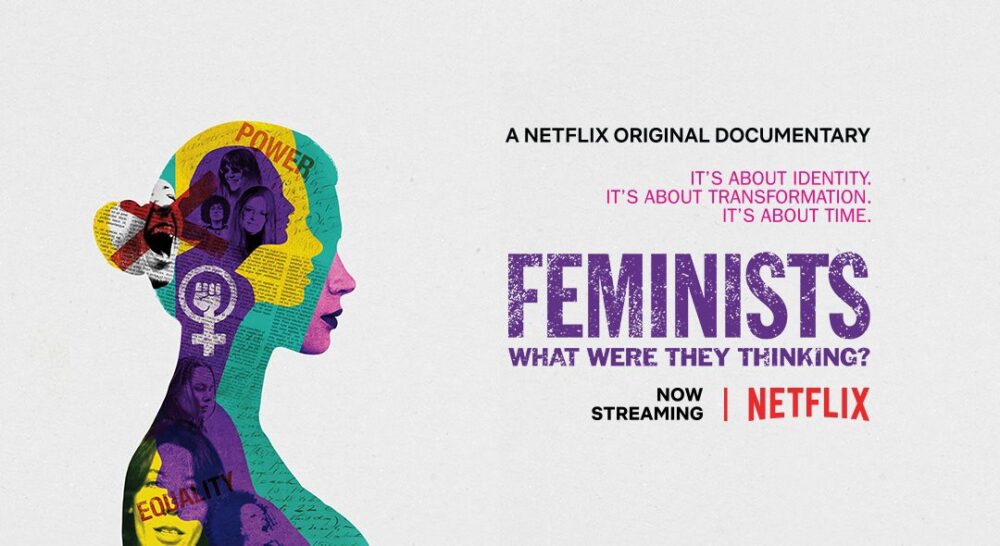
By Charlyne Nguyen
Writer’s Note: This documentary includes images that may be inappropriate for young viewers.
In light of Women’s History Month, broaden your knowledge of the feminist movement and the contributions of women throughout the years by watching the documentary “Feminists: What Were They Thinking?”.
Summary
Throughout time, the stereotypical idea of a feminist has gone from an old woman who likes causing trouble to progressive man-haters. This documentary and its take on the feminist movement and the women involved bring a broad perspective of what the movement is and how it’s affected every woman.
This includes women from a wide range of professions and backgrounds that include American actress Jane Fonda, Jewish American author Phyllis Chesler, Asian American filmmaker Wendy J.N. Lee and Nigerian American playwright Funmilola Fagbamila, among others.
The women in this documentary dig further into feminism and try to define it in a way that shows what it’s really about: finding an equal basis for women in society and not being taken advantage of.
This means not being a floor mat but rather sticking up for one’s self–whether that is being ignored in the classroom, being used as an object of sexual symbolism in films or being forced into an unwanted marriage.
My Thoughts
From what I’ve seen and heard from my peers and the people around me, many of them perceive feminists as overly sexual women who just like to get around, but these women’s explanation of what it means to be a feminist isn’t the same as that generally perceived meaning.
I learned that at the core of the movement, feminism is about letting women have a voice in the world because so many have been shut down and told to be quiet for so long. It’s speaking their minds even if some people may or may not agree with them.
Feminism also means taking back control of one’s body and being proud of it not because it impresses others but for oneself.
I found it very interesting to watch and learn more about the movement because like some of the women in this documentary explained, it’s hard for me and many other women to identify as feminist because “feminist,” and its older counterpart “suffragette,” are such stigmatized terms.
Sometimes being the loudest voice in the room can cause many people to be annoyed, but that’s what many of these women needed to be in order to let any change occur.
It was also intriguing how feminism also influenced women of all races to eventually come together in order to fight for LGBTQ+ rights and combat racism. Not only that, women were even getting out of abusive relationships despite having the pressure of staying in the marriage because of certain beliefs.
Women were no longer just going to stay silent about these issues: they finally found their voice.
Of course, everything and everyone has flaws so that doesn’t mean feminism and feminists are short on that.
There was one segment in particular that talked about how some women were told to withhold talking about how the United States Immigration and Customs agency, commonly known as ICE, was sterilizing mothers coming in from Latin American countries because this would conflict with the movement’s ideology of pro-choice in the matter of abortion.
Despite its flaws and looking at feminism objectively, I think it’s worth learning more about.
If anyone is looking to learn more about feminism, I suggest watching this documentary, especially if you aren’t sure what your stance is on it.





